Do you start blanketing your horse when temperatures drop below forty degrees, or do you hold off until the cold below freezing temperatures hit, or do you blanket your horse at all? The truth about it all is that most horses do fine without blankets throughout winter. Of course, horses will need adequate shelter to protect them from the elements and plenty of forage and energy to generate heat.
Horse's Winter Coats:
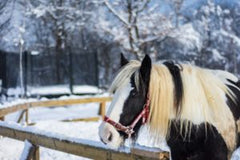
Horse's coats are composed of two types of hair: a fluffy undercoat that acts as
an insulator and a stiffer protective coat called guard hairs. The outer coat helps to shed rain and collect moisture to keep the undercoat clean and fluffy so that the undercoat can provide insulation. The undercoat provides insulation by trapping body heat and air, it is dense and soft and acts like the lining of your jacket. The hairs are attached to a layer of muscle that moves the hair as needed to provide additional insulation. When the hair is standing up, it will give the horse a puffed-up look to trap more air in the fur to keep them warm. Their hair can even point in different directions to deflect wind and weather.
Reasons to Blanket:
- If you have clipped your horse and they no longer have enough of their winter coat to keep them warm
- Your horse has moved from warmer climates and hasn't adapted to the colder climate yet
- You have an older horse that has a hard time staying warm
- Your horse is a hard-keeper who has trouble holding weight during the cold months
- It isn't only cold but it's wet
- There isn't adequate shelter
Reasons not to Blanket:
-
 You can save money and not purchase a blanket
You can save money and not purchase a blanket
- Generally, horse's grow enough hair to act as their own blanket
- When temperatures suddenly rise you don't have to worry about your horse overheating if the blanket isn't removed in a timely matter
- No blanket repairs
- You remove the risk of them getting caught up in their blanket
Winter Diet:
When considering your horse's comfort level during the winter months, diet is important. If you decide not to blanket your horse it is important that your horse is getting the proper amount of calories to keep them warm during the colder temperatures. Blanketing or not, diet is very important to provide your horse with the proper nutrition to keep them healthy. If your horse is a hard keeper, adding a supplement like Super Weight Gain into their diet is a smart way to keep the calories up in your horse's diet and weight on your horse during the colder months.
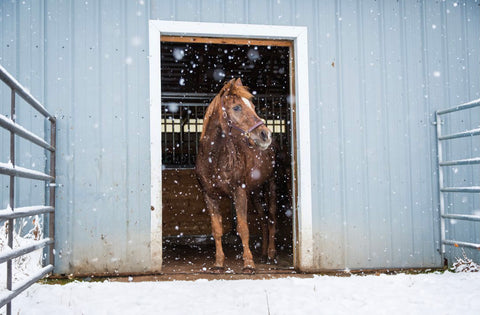
It Comes Down to Your Individual Horse's Needs
There are several factors to consider when deciding whether or not to blanket your horse. One important factor is the horse's individual needs and circumstances. For example, if your horse has been clipped and no longer has enough of their winter coat, they may require a blanket to stay warm. Additionally, if your horse has recently moved from a warmer climate and hasn't had time to adapt to the colder weather, a blanket may be necessary. Another consideration is the horse's age and health. Older horses or hard-keepers may have a harder time staying warm and could benefit from the added insulation of a blanket. Ultimately, the decision to blanket or not should be based on the specific needs of your horse and the conditions they are exposed to.

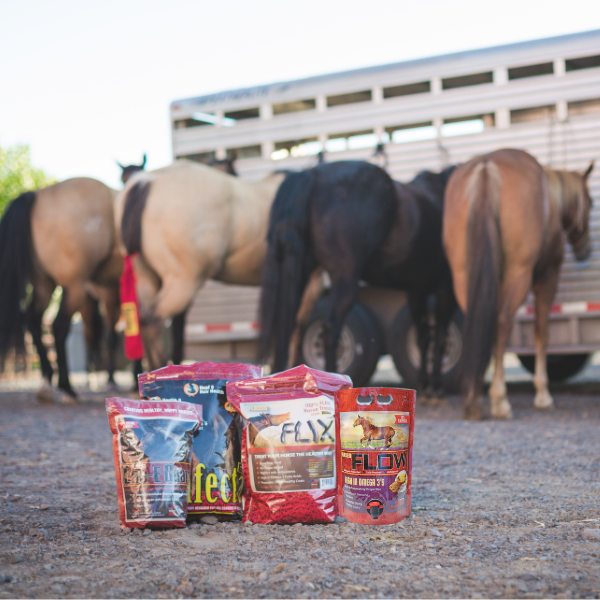
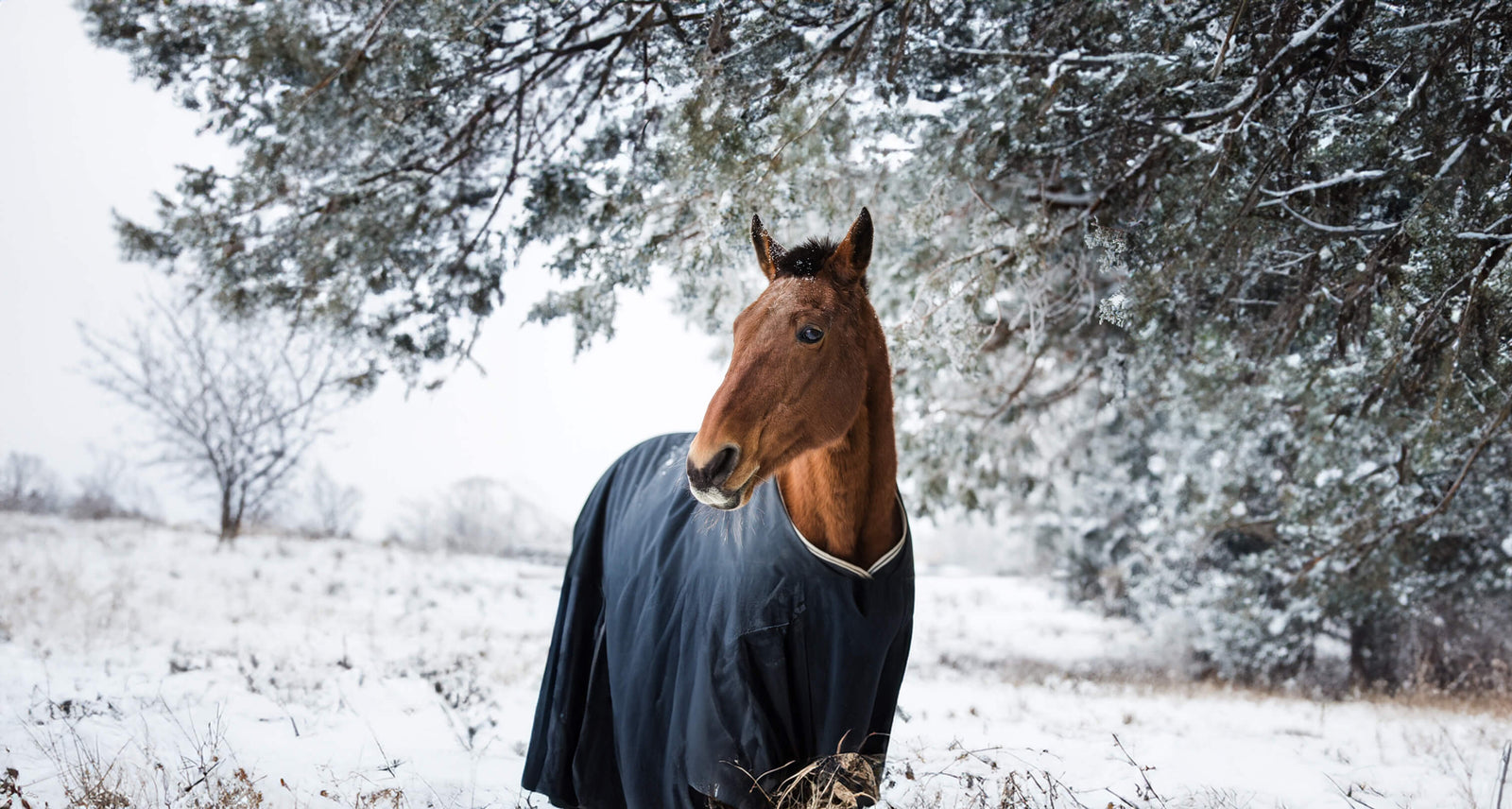
 You can save money and not purchase a blanket
You can save money and not purchase a blanket

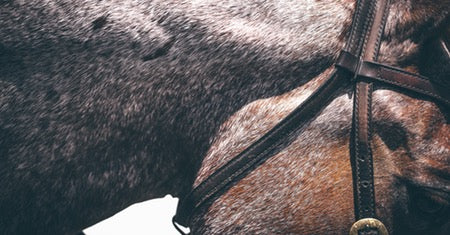
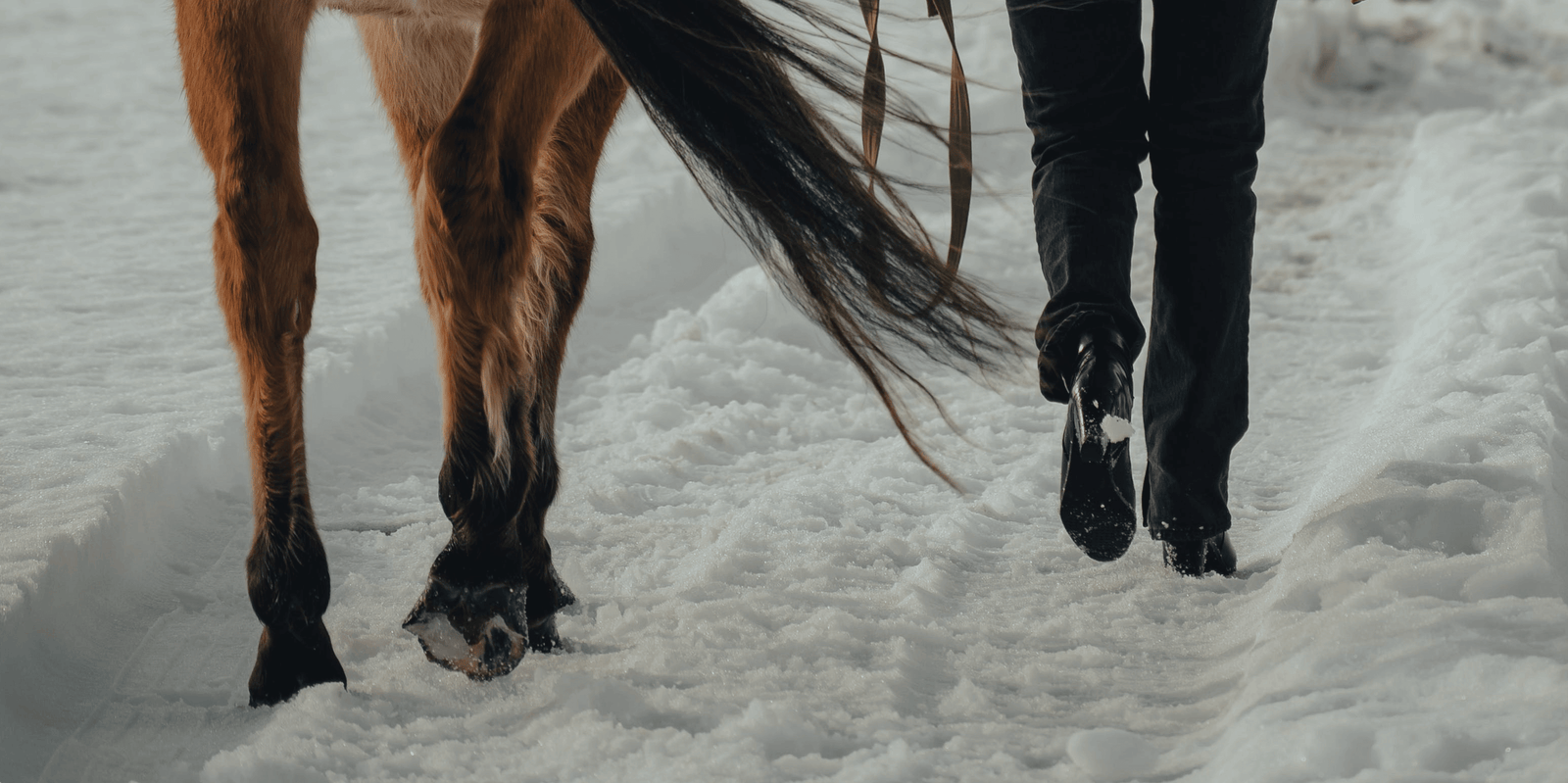
Tim L
January 02, 2025
20 years with, 20 years with out. My beasts much prefer without but all mules now. Surely depends on your horse or Mule. When I had horses they did not seam to build adiquate coats in fall so would go through the blanket routine. Now with mules as long as one starts and maintains a supplemented quality diet they get supper wooly and are free to roll and get in full play exercise.